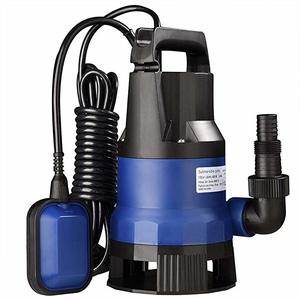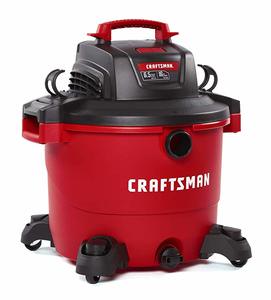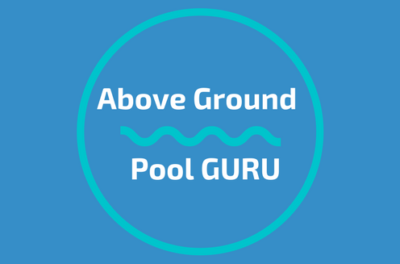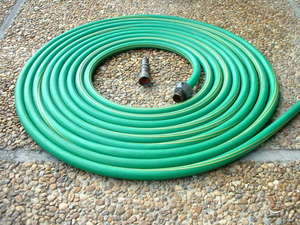How to Drain an Above Ground Pool
When wintertime heads your way, it is just as important to take care of your pool as it is to prepare your home, especially with an above ground pool. One of the easiest ways to handle winterizing an above ground pool is to drain it so that you can put it up for next summer. The truth is, it may be necessary to drain your pool for other reasons as well. The problem is, many people do not realize that there is a right way to drain it. If you have a pool then it is important you understand how to drain an above ground pool, if you want to be able to use it next year.
Jump To: Popular Drain Pump⇒
Why Should You Drain An Above Ground Pool?
Some reasons it may be necessary to figure out how to drain a pool include having too much algae in the water during the summer months that shocking your pool won’t fix. Or maybe you have more debris than your pool vacuum can clean out or you may even need to relocate the pool. There are many reasons that may require you to drain your above ground pool at one point or another and if you do not drain it properly, you can actually damage your pool in the process. NOTE: Make sure that draining is your only option. In many cases, your above ground pool liner will be damaged from draining the pool. Drain only as a last resort.
-Most Popular Pump-

Check Price & Availability
How to Siphon a Pool
Before you can begin draining an above ground pool, you need to decide which method you plan to use. You can drain it using a small electric pump that is submersible (like this one here) or you can choose to use a hose to siphon the water out. The trick is, whatever method you use, you need to ensure you have enough hose to stretch out away from where your swimming pool is, as well as a broom for removing that last little bit of water. If you use just the drain plug on your pool, you will end up having the ground under your pool being washed away and your pool could end up caving in causing all kinds of damage to the frame.
It is also probably a good idea to pick a time when you have a couple of days off and plenty of sunshine. If you are using garden hoses you can expect to drain about 5 inches of water each hour. If you use larger hoses, you will be able to drain it out faster, and in some cases, most all of the water will be out by morning also depending on the size of your pool. To get the siphon going, many people used to use their mouth and actually suck on one end of the hose to create a suction and end up drinking dirty pool water. YOU DO NOT NEED TO DO THAT. You can simply attach the hose to the faucet, turn the water on and let it run into the pool briefly, then quickly remove the end from the faucet while keeping it low to the ground (lower than the pool) and the water will start flowing back. Make sure you quickly move that end of the hose where you want the water to go.
Do NOT do like Jim!
 If you are going to dry your pool and store it for the winter, a shop vacuum like this one works best. However, if you don’t have one of those lying around you can always just let it air dry in the sunshine, or if short on time, just use some large towels. You can use any combination and find out what works for you the best. You should make sure it is completely dry before you fold it and store it in a dry area in order to prevent mold from forming on it.
If you are going to dry your pool and store it for the winter, a shop vacuum like this one works best. However, if you don’t have one of those lying around you can always just let it air dry in the sunshine, or if short on time, just use some large towels. You can use any combination and find out what works for you the best. You should make sure it is completely dry before you fold it and store it in a dry area in order to prevent mold from forming on it.

